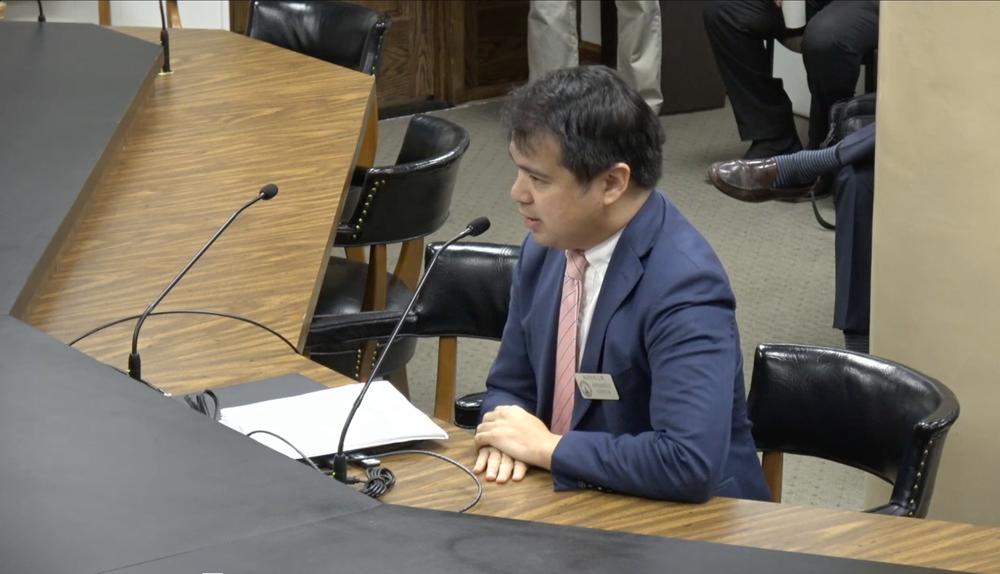
Caption
Democratic state Rep. Marvin Lim says he will continue working on House Bill 216, which aids in counseling and treatment for survivors of sexual assault. He aims to reintroduce the bill in next year's legislative session.
Credit: Marvin Lim / Twitter

